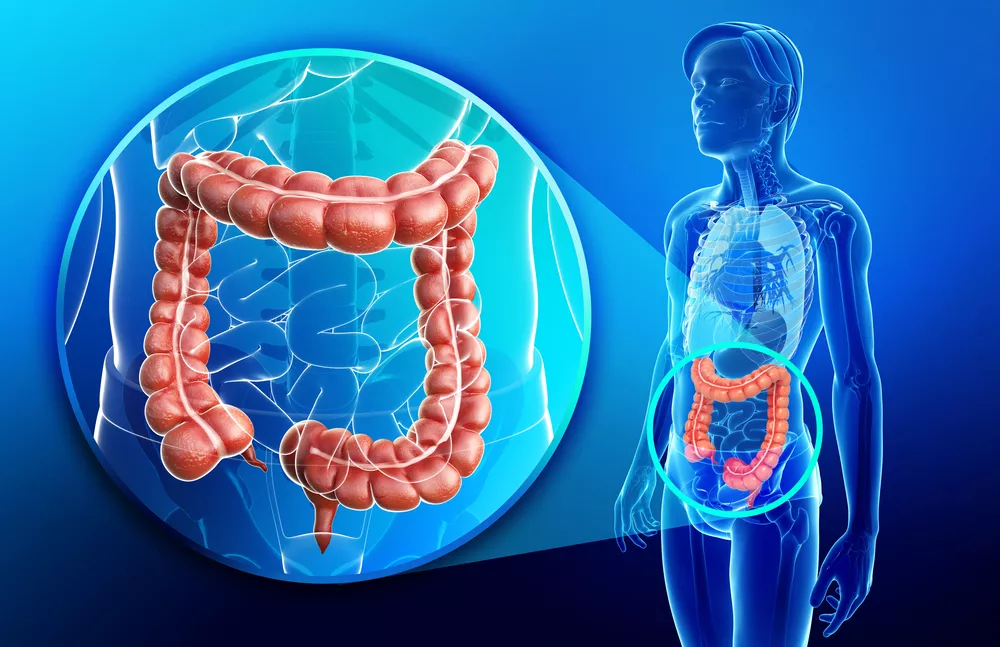Small intestinal bacterial overgrowth, or SIBO, is a condition that occurs when there are a lot more bacteria than normal in the small intestine. This can lead to symptoms such as bloating and distension, flatulence, diarrhea, and abdominal pain.Normally, there are fewer than 10,000 bacteria per milliliter of fluid in the small intestine compared to one billion bacteria per milliliter of fluid in the colon (large intestine). SIBO symptoms develop when the excess bacteria in the small intestine are similar to those normally found in the colon. This can be due to a change in the ability of the small intestine to sweep away the organisms that shouldn’t be there. Inflammation that starts in the gut, can increase inflammatory pathways throughout the body.
SIBO does not have to just cause gut symptoms, but can in fact be a fundamental reason for depression, pain, and headaches. SIBO is treatable, and according to an integrative Gastroenterologist at Johns Hopkins, it can be responsible for as much as 60% of IBS.
This means 60% of irritable bowel syndrome is highly treatable when you know what you are battling. Understanding the health of your small intestine is the nutritional key for the rest of your body. The small intestine is where most nutrients are absorbed, where histamine is broken down, and where enzymes are made that help us feel well. Unlock the key to health by exploring the bacteria, good and bad, in your gut.

